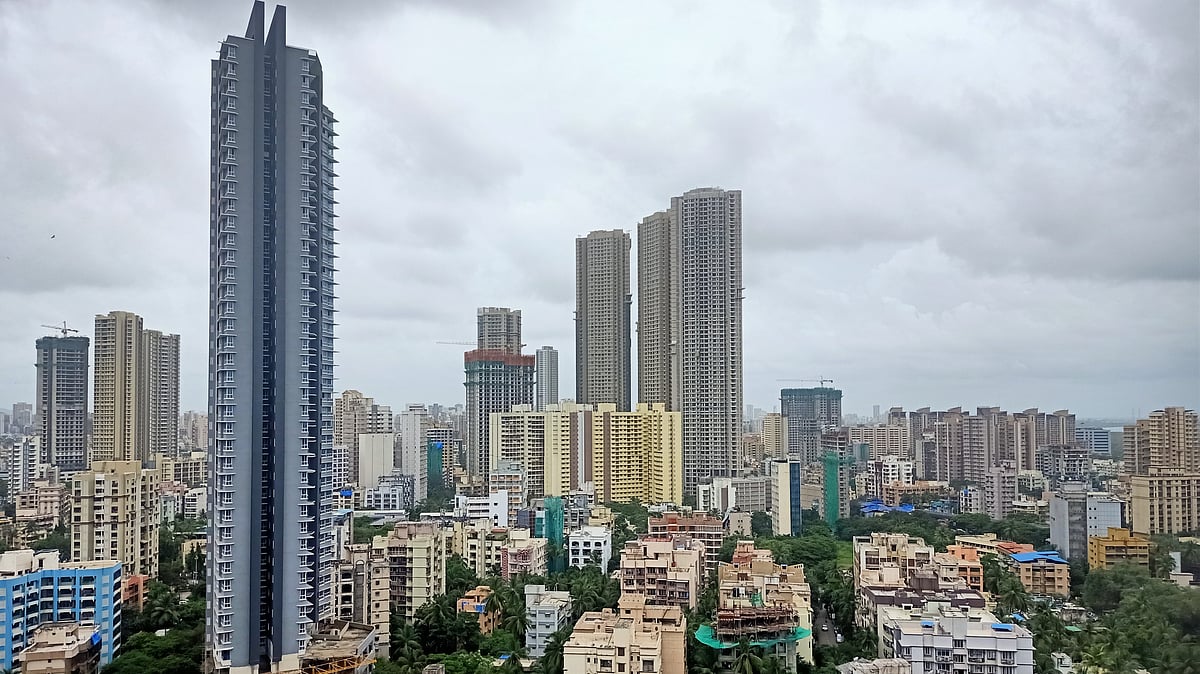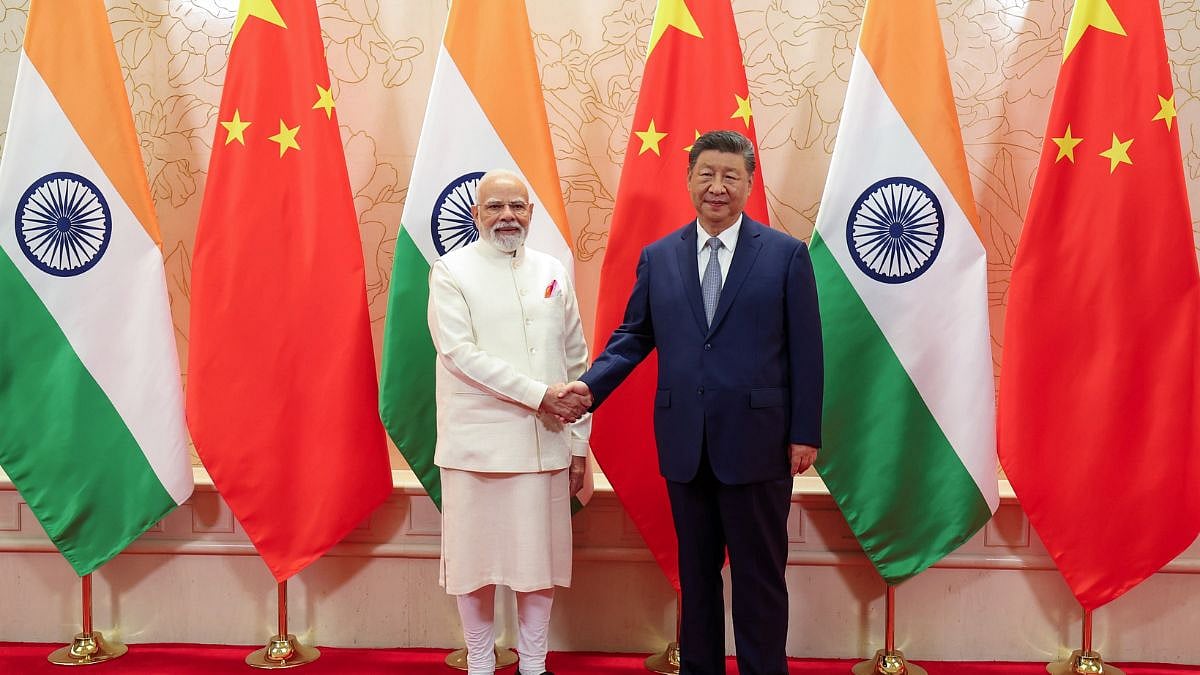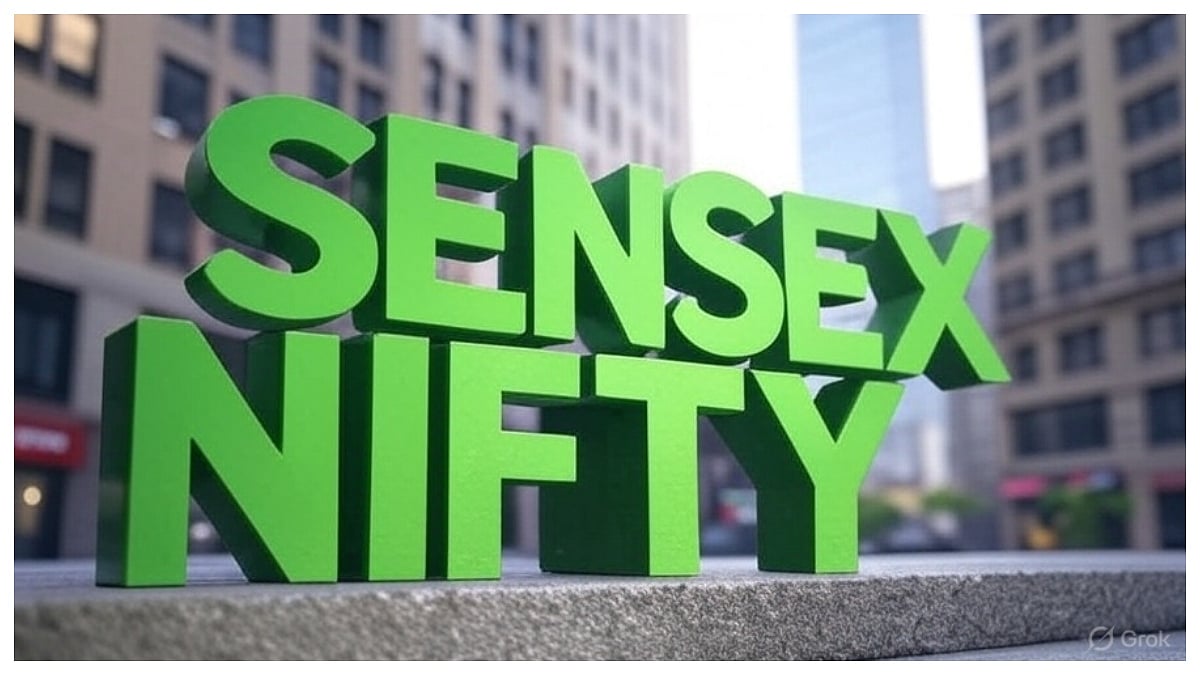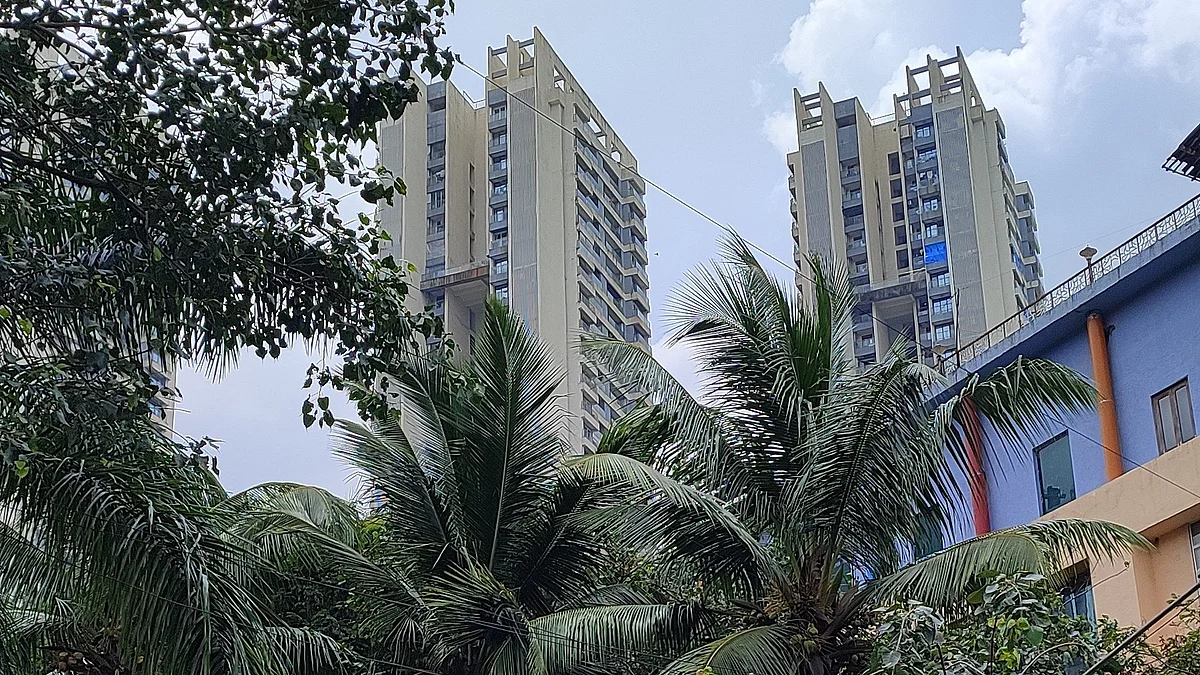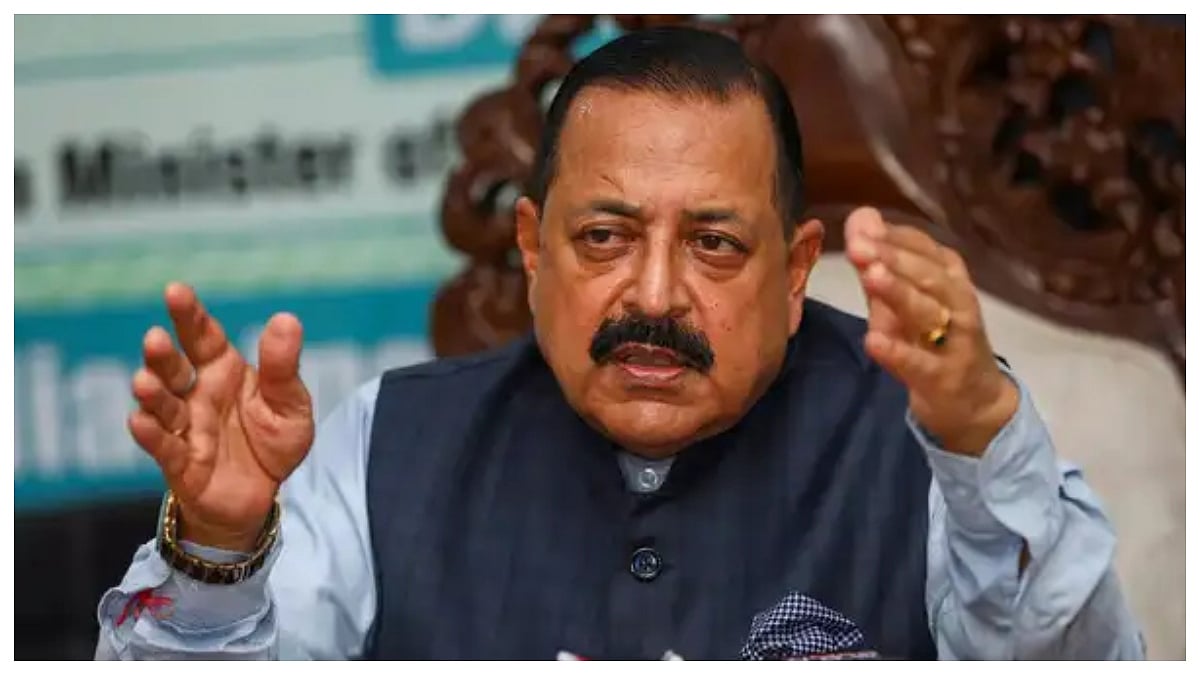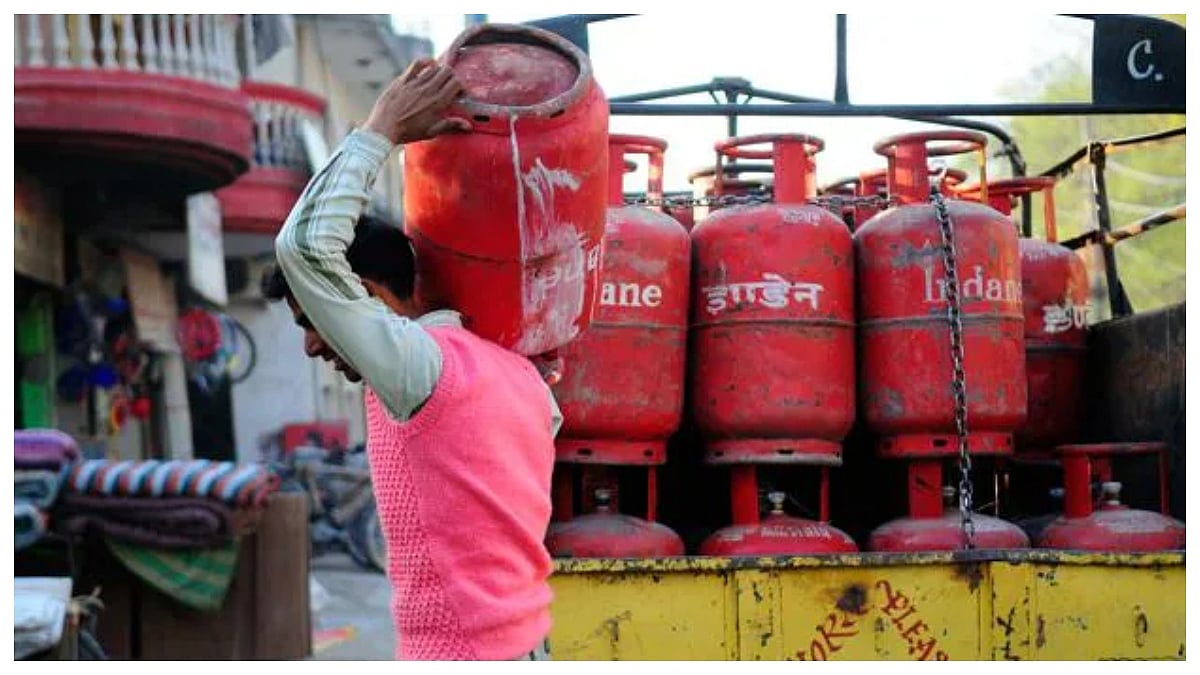Cities like Mumbai and the extended Mumbai Metropolitan Region (MMR) are not just physical spaces. They are living ecosystems where economic activity, culture, innovation, and human potential converge. As centres of opportunity and engines of growth, cities play a pivotal role in shaping a nation’s progress. Their success directly influences national prosperity, social stability, and environmental sustainability.
In the words of Jane Jacobs, urban theorist and author of The Death and Life of Great American Cities, “Cities have the capability of providing something for everybody, only because, and only when, they are created by everybody.” Her words underscore that the vibrancy and resilience of a city lie in its people and participatory development.
Economic engines of growth: Cities are the economic powerhouses of the modern world. From the towering financial hubs of Mumbai and New York to the bustling ports of Shanghai and Rotterdam, urban centres account for the lion’s share of GDP in most countries.
Mumbai, for example, contributes over 6% to India’s GDP, serving as its financial and commercial capital. Likewise, Tokyo stands as one of the largest metropolitan economies globally, contributing trillions to Japan’s economy annually.
These cities generate employment, fuel industry, and attract both domestic and foreign investment. When cities thrive economically, they uplift entire regions and open doors for upward mobility and entrepreneurship.
Social and cultural catalysts: Cities are melting pots of diversity. They foster creativity, dialogue, and cultural exchange. For instance, Paris is synonymous with art and design, while Los Angeles is a global centre for entertainment. These cultural identities strengthen national soft power and global presence. As Daniel Burnham, American urban designer, once said: “Make no little plans; they have no magic to stir men's blood.”
Urban visioning can inspire and unify entire populations. It is the inclusive, participatory nature that makes a city truly great. Cities thrive when they reflect the people they serve and are built on shared visions and values.
Urban laboratories for sustainability: Cities also function as testing grounds for sustainable living and technological innovation. Singapore’s Smart Nation initiative integrates data and technology into urban management, from traffic flow to energy efficiency. Copenhagen, through its bike-friendly policies and green architecture, is on track to become the world’s first carbon-neutral capital.
These examples show that with vision and planning, cities can become models of environmental stewardship, offering replicable frameworks for sustainable development.
The cost of urban neglect: However, when cities are mismanaged or neglected, the consequences are equally significant. Overcrowding, pollution, crumbling infrastructure, and rising inequality can quickly turn vibrant cities into pressure cookers. The air pollution crisis in Delhi or the recurring urban floods in Chennai are reminders that failure to plan and invest in cities can result in health crises, economic losses, and social unrest. These failures don’t remain confined within city limits—they ripple across states and even nations, straining resources and stalling progress.
Urban planning — A national imperative
As the United Nations aptly states: “The battle for sustainable development will be won or lost in cities.” With over half of the world’s population now living in urban areas—and that number expected to reach 68% by 2050—the future is undeniably urban. The way we design, govern, and nurture our cities today will shape the lives of generations to come.
Cities must be built on principles of resilience, inclusivity, and sustainability. Investments in public transport, affordable housing, green infrastructure, and digital governance are no longer optional—they are essential. Moreover, involving citizens in the planning process ensures that cities are not only functional but also just and humane.
Conclusion
Cities are the Future: Cities encapsulate the hopes and challenges of modern civilization. They are where dreams are built, innovations are born, and cultures are shared. When cities succeed, nations prosper. When they fail, the fallout is felt far and wide.
Urban development is not merely a municipal matter—it is a national mission. As architect Charles Correa, once said, “Like the wheat fields of Punjab and the coal mines of Bihar, cities are a crucial part of our national wealth. Their success – or failure – will determine our future.”
We need to treat cities as the wealth they truly are, invest in them wisely, and lead them with vision and compassion, because the future will be urban, and the success of our cities will ultimately write the story of our civilization.
The writer is a Mumbai-based architect with over 30 years of experience and a mentor at leading architecture institutes
